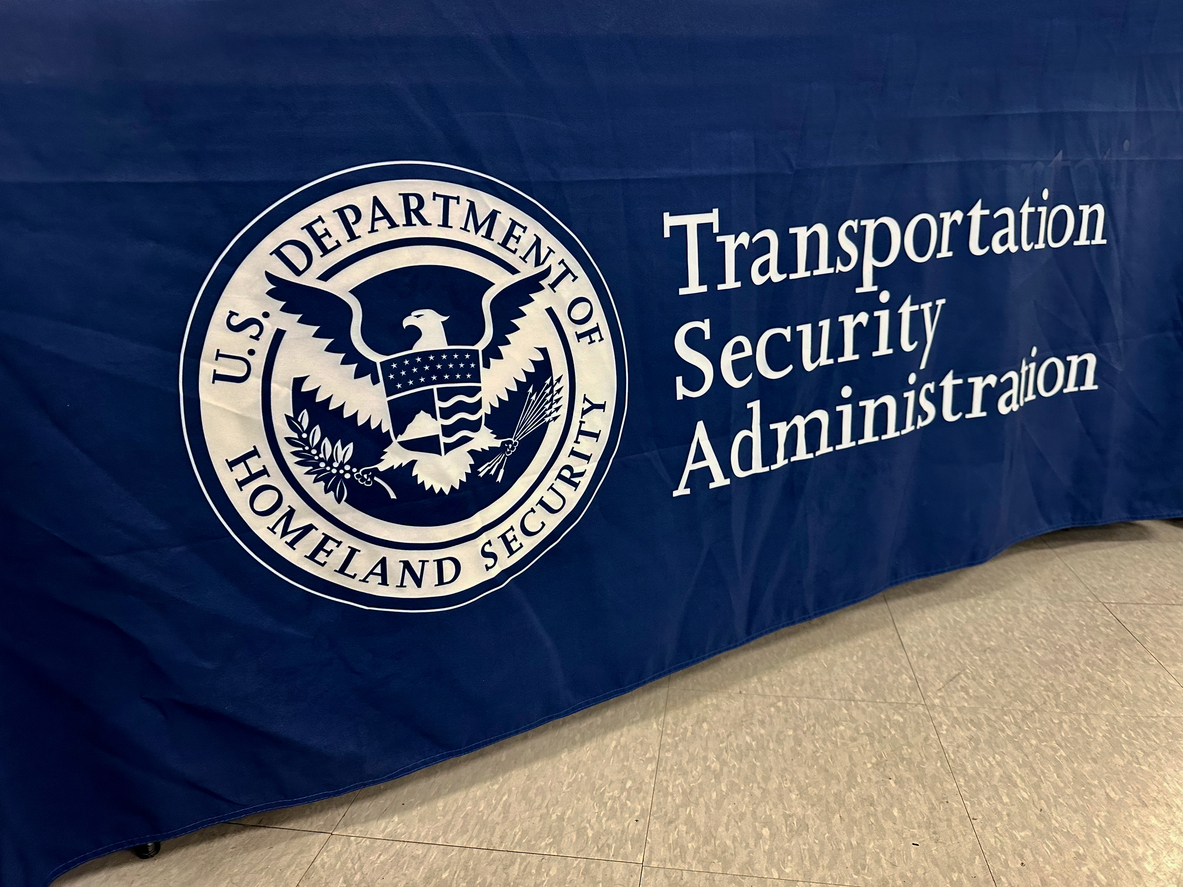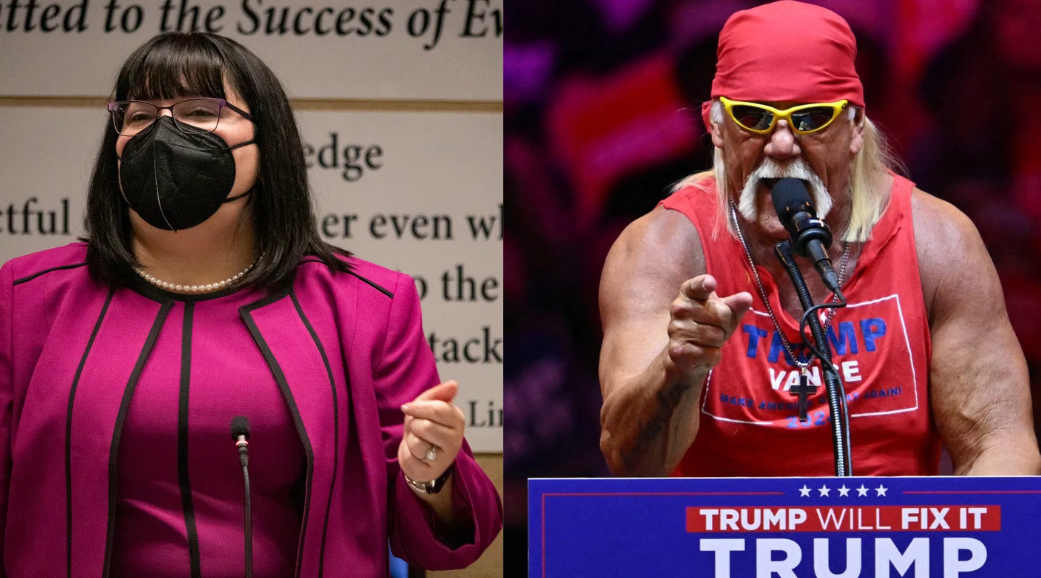TSA obstructs bill limiting surveillance

The Transportation Security Administration (TSA) has derailed a Senate bill that would limit surveillance in airports, Politico reported on Sunday.
In 2023, the TSA launched a pilot program to test facial recognition surveillance systems, which they rolled out to 25 airports. Since then, the agency has unveiled plans to expand these systems to 430 airports within the next decade.
Despite TSA claims that facial recognition screening is not mandatory, the Algorithmic Justice League reports that half of travelers said they were not made aware the program is optional, and 67% of those who opted out said they encountered issues, such as belligerent TSA agents.
On July 30th, a group of senators introduced the Traveler Privacy Protection Act restricting the use of biometric and facial recognition technology in airports. The legislation was sponsored by Senators Jeff Merkley (R-OR), John Kennedy (R-LA), Roger Marshall (R-KS), and Ed Markey (D-MA).
“No one should be required to have their face scanned to travel, and no government should have the power of a national surveillance system at its fingertips,” said Sen. Merkley in a statement. “Our Traveler Privacy Protection Act would preserve passengers’ right to use an approved document—like a driver’s license—to travel by air. In addition, it would require signage to inform passengers of that right and protect the data collected from abuse.”
But according to Politico, the GOP says the TSA is derailing the bill behind the scenes. When asked whether the agency is trying to torpedo the legislation, Sen. Kennedy said there is no doubt.
“The short answer is yes; the long answer is hell yes,” Kennedy said. “They’re working like an ugly stripper to kill this bill, which tells me we’re doing the right thing.”
Senate Commerce Chair Ted Cruz similarly stated that the TSA is “undoubtedly” working against the bill, and a senior Senate GOP aide said the “smears against [the] bill have TSA’s fingerprints all over it.”
Politico says it also reviewed a text message from a TSA official explaining how the agency is opposing the bill, and another from a travel lobbyist confirming that the TSA has “significant concerns” about the legislation.
Does the TSA need facial recognition?
In November, Sen. Merkley led a group of 12 senators in urging DHS Inspector General Joseph Cuffari to investigate the TSA’s use of facial recognition technology. Although the agency claims it needs facial recognition to verify passports, it already possesses technology that can weed out fraudulent passports without the need for facial recognition.
“TSA reportedly plans to introduce next-generation credential authentication technology (CAT) equipped with facial recognition at over 430 airports nationwide,” the senators wrote. “Yet the agency already deploys non-facial recognition devices, known as CAT-1 scanners, which are capable of determining if identification documents are fraudulent. TSA has not provided Congress with evidence that facial recognition technology is necessary to catch fraudulent documents, decrease wait times at security checkpoints, or stop terrorists from boarding airplanes.”
The lawmakers also raised concerns that travelers will be unable to opt out of the surveillance.
“Additionally, despite promising lawmakers and the public that this technology is not mandatory, TSA has stated its intent to expand this technology beyond the security checkpoint and make it mandatory in the future. In April 2023, TSA Administrator Pekoske admitted at the South by Southwest Conference that ‘we will get to the point where we will require biometrics across the board.’ If that happens, this program could become one of the largest federal surveillance databases overnight without authorization from Congress,’ the senators stressed.
In February, Inspector General Cuffari notified the lawmakers that his office was launching an audit of TSA’s use of the technology, though details of the audit have not been revealed. In their original request, the 12 lawmakers asked Cuffari to assess whether the facial recognition technology has been effective, such as identifying cases of fraud or terrorism, through red team testing and other measures.
"Americans don't want a national surveillance state, but right now, more Americans than ever before are having their faces scanned at the airport without being able to exercise their right to opt-out," Merkley said in a statement on Cuffari's letter. "I have long sounded the alarm about the TSA's expanding use of facial recognition . . . I'll keep pushing for strong Congressional oversight."


